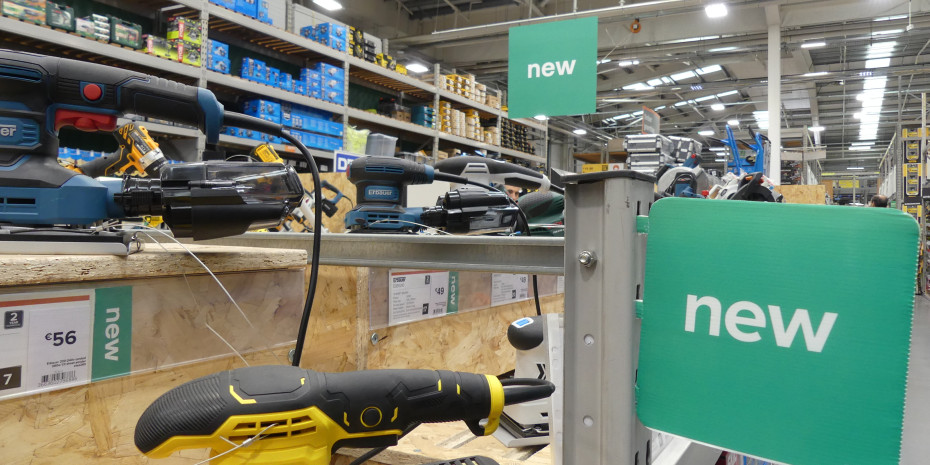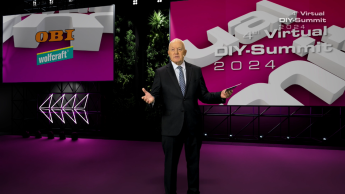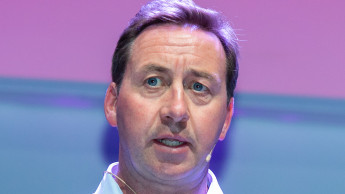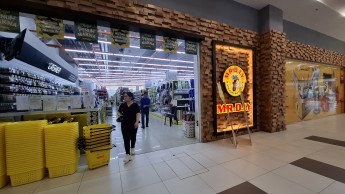The late summer and early autumn of 2024 has been a busy, yet hugely productive period in the development of the DIY Retail sector Scope 3 implementation plan.
Last June, at the tenth Global DIY Summit, I was proud to take to the stage with Edra/Ghin President, Thierry Garnier, to announce the Scope 3 Commitment and emissions reduction targets for the sector and unveil the Scope 3 Decarbonisation Strategy and Roadmap.
Since the launch we have been thrilled to see seven of the world’s largest DIY retailers become signatories to the Scope 3 Commitment: Obi, Kingfisher, Intergamma, Kesko, Maxeeda, Wickes and Hornbach.
Over the past few months we have been working closely with the EDRA/GHIN technical Working Groups, comprising of leading sustainability experts from retailers and suppliers, to implement the priority recommendations.
The result is the launch of a comprehensive sustainability programme aimed at achieving net-zero carbon emissions across the entire DIY and Home Improvement Sector supply chain, entitled Make it Zero - Working Together to Decarbonise the DIY sector.
"Make it Zero" will deliver on four key objectives:
- Accounting – Adopting a GHG accounting framework and aligning to best practice of carbon accounting.
- Supplier Data – Collaborating with members and suppliers to share universal emissions data.
- Targets – Uniting behind ambitious targets to decarbonise the sector
- Engagement and Reduction – Taking action to decarbonise.
We formally launched Make it Zero during the Virtual DIY summit in September, which was also the occasion to provide an update on recent progress.
The publication of a comprehensive Scope 3 accounting guide, for example, will assist retailers on their Scope 3 reporting journey by providing a consistent approach to measuring emissions. The Guide will help readers to better understand carbon emissions and introduces the essentials of carbon accounting, and Scope 3 accounting more specifically. As well as detailing the different categories of Scope 3 emissions, it carries a specific focus on category 1 and category 11 which are typically the largest categories of Scope 3 sources for home improvement retailers.
To bring a more streamlined approach to gathering Scope 3 data throughout the supply chain we have been working with retailers and supply chain representatives to standardise the Scope 3 survey process. The current approach is clearly inefficient: suppliers find themselves having to respond to the same Scope 3 questions on, say…

 Menü
Menü















 Newsletter
Newsletter